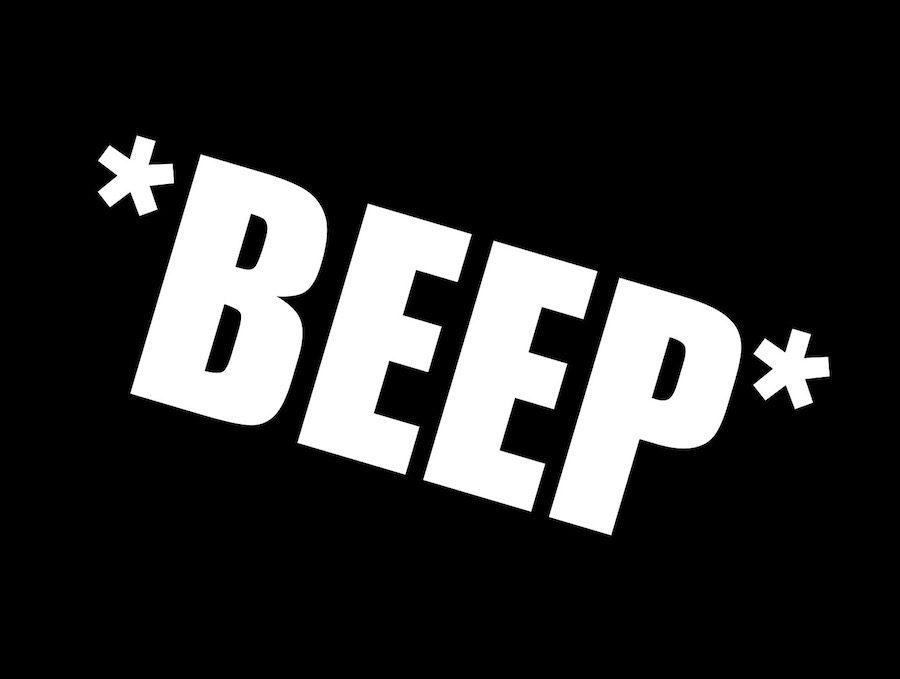Is Cursing Really Effective?
February 23, 2017
In this generation of adolescent students, cursing is extremely common in conversations. Anybody could stroll down the hallway of a school or across a campus and a stream of swearing will spout out. So why do these words exist? A century ago, curse words were used in the context of anger, frustration, or shock because they stood out from normal vocabulary. Although they were considered rude and vulgar, they also gave those who uttered them a sense of empowerment.
Nowadays, the same sense of empowerment brings teenagers to continuously curse in order to establish superiority, but if everyone swears, is anyone superior? Cursing has lost its shock value in the present generation because of how often it is used in all forms of media. In TV shows and movies, actors and actresses are always cursing in the heat of the scene. They are scattered on every screen, and often used on social media platforms, too. It is not surprising that these groups of words have spread over time. Because they are so popular across the nation, people simply say them for the edge without knowing any of the actual meanings. Thus, cursing is no longer shocking because of its widespread use, and the lack of knowledge being applied when they are in use.
Swearing used to be extremely offensive, explaining why it might be shocking to hear a word here and there, but that is no longer the case. These groups of words don’t stand out from daily vocabulary, thus they no longer have a powerful effect. Surely people have some idea of what a curse word may mean, but nobody actually thinks about the depth of what they are saying. At one time, the meaning of a word was so deeply inappropriate and offensive that it was surprising to hear someone say it. Since the meaning has been lost over time, the shock value has decreased and the usage has increased as words are thrown around carelessly.


